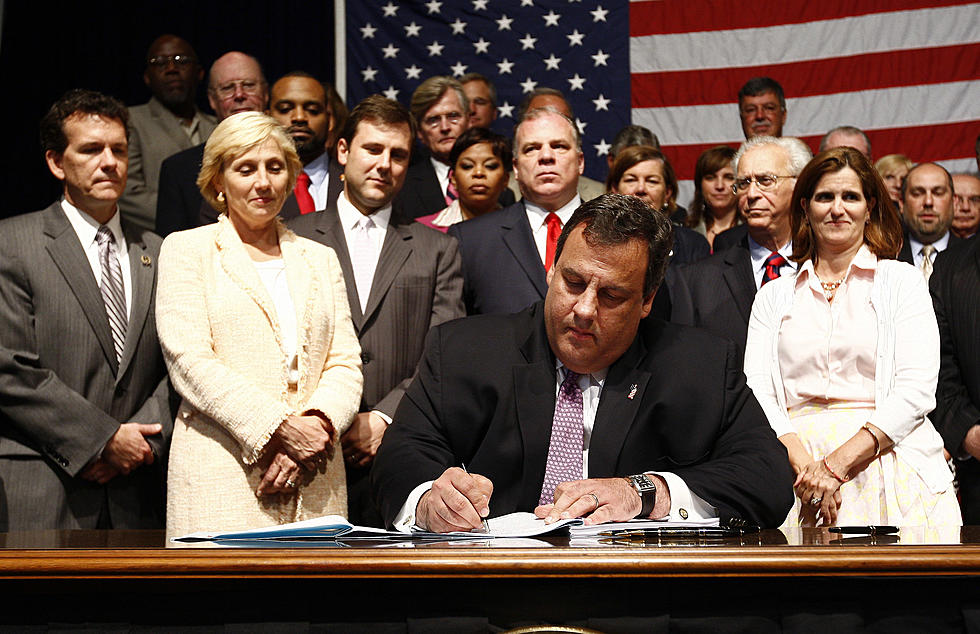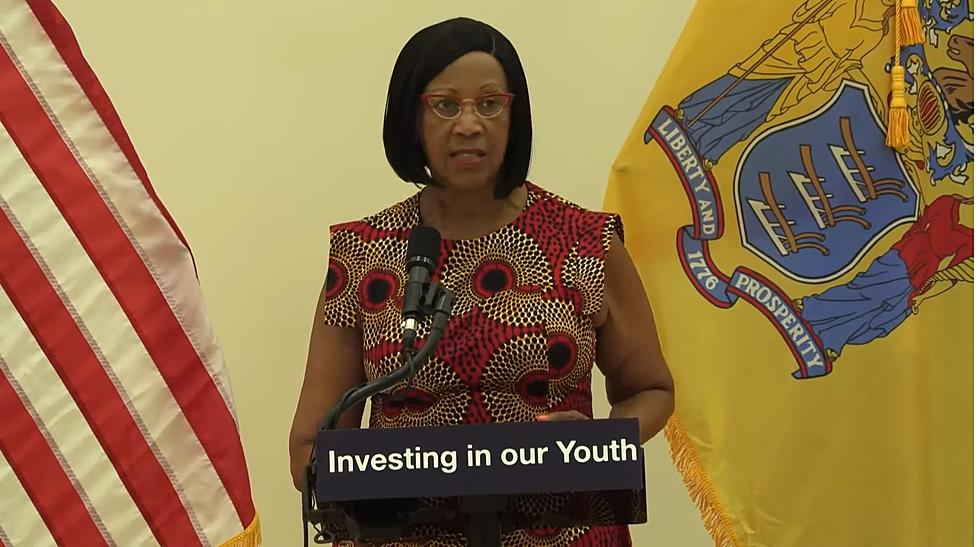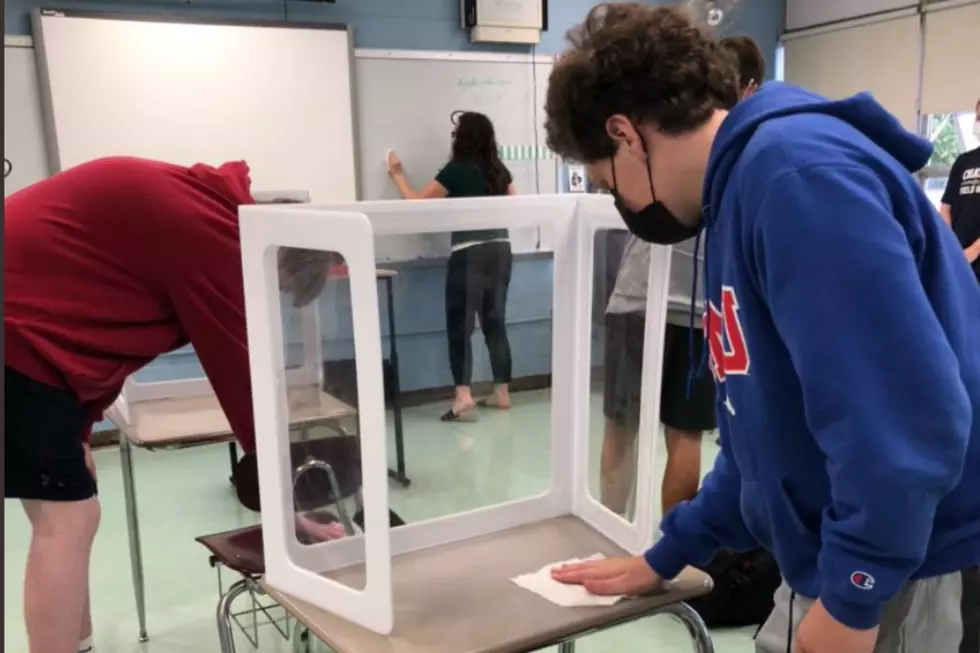
NJ Kids Will Soon Be Required to Take a Civics Class in Middle School
Do your kids have any idea why the U.S. government is set up the way it is?
Do they know why it’s important to cast your ballot during an election?
Most New Jersey students do not, because they’ve never been required to take a civics class, but that will soon be changing.
A new law has been established that will require middle school students in the Garden State to take a class focused on either how government functions or civics education, starting next year.

The prime sponsor of the measure, state Sen. Shirley Turner, D-Mercer, said requiring this kind of a course in school is extremely important because “our young people do not understand the impact that government has on their lives.”
She said, “by providing them with civics in their middle grades they will have a better understanding of the need to participate and how government operates.”
Turner said these days too many kids are totally fixated on playing video games and going on social media sites.
“They have to learn how elections are held and also what the democratic process is,” she said.
“With this civics course they will see firsthand how the democratic process works, they will be able to engage their peers in healthy debates.”
She said this process will also encourage compromise and developing solutions, not narrow-minded thinking.
Turner said the lack of understanding about civics has been a problem for a long time, but the January insurrection at the U.S. Capital was a wake-up call.
“Too many people do not understand how government operates, only about 26% of the people in this country can name the 3 branches of government,” she said.
She said understanding how government functions can help people appreciate what this nation is all about.
“We have a huge divide in this country now and we need to bridge that divide so that everybody will better understand each other,” said Turner.
She stressed critical thinking, and separating fact from fiction is essential in a democracy, and requiring young people to take a civics class will help prepare them to do just that.
She noted 18 to 24-year-olds have the lowest voting percentage if any age group in recent elections, which should sound an alarm.
The Laura Wooten civics law was signed last month by Gov. Phil Murphy, in honor of Wooten, the longest continuously serving poll worker in the history of the state, who died 2 years ago.
It requires the New Jersey Center for Civic Education at Rutgers University to develop the curriculum and guidelines for the course.
LOOK: Here are the pets banned in each state
The best outdoor beer gardens at NJ breweries
25 True Crime Locations: What Do They Look Like Today?
More From WPG Talk Radio 95.5 FM










